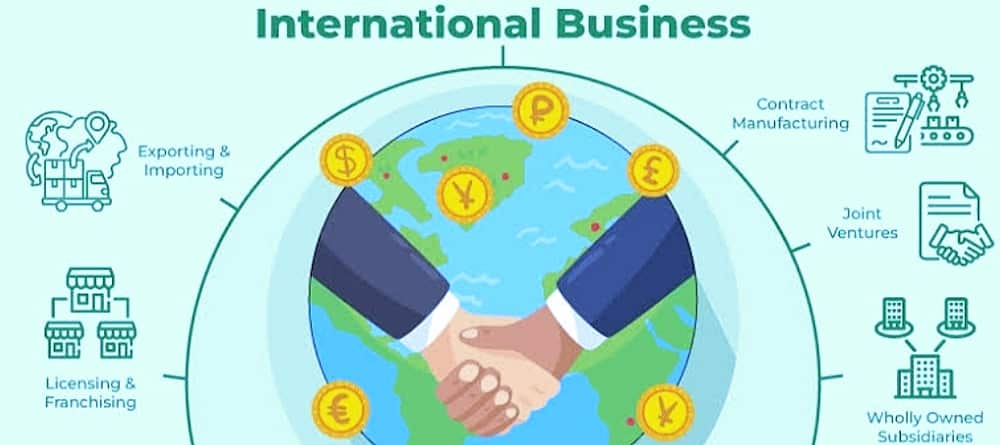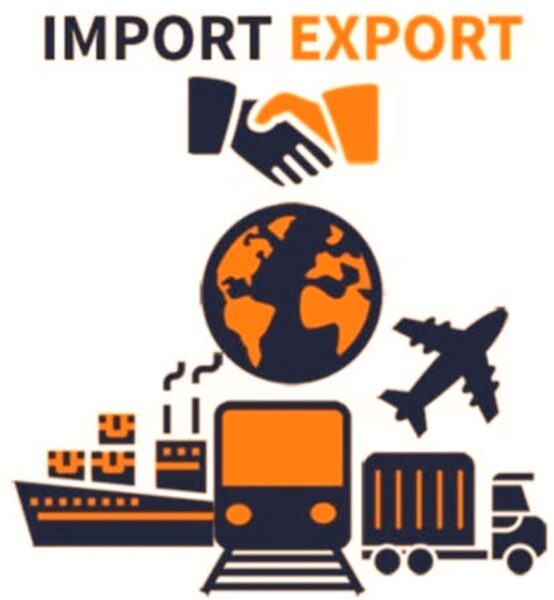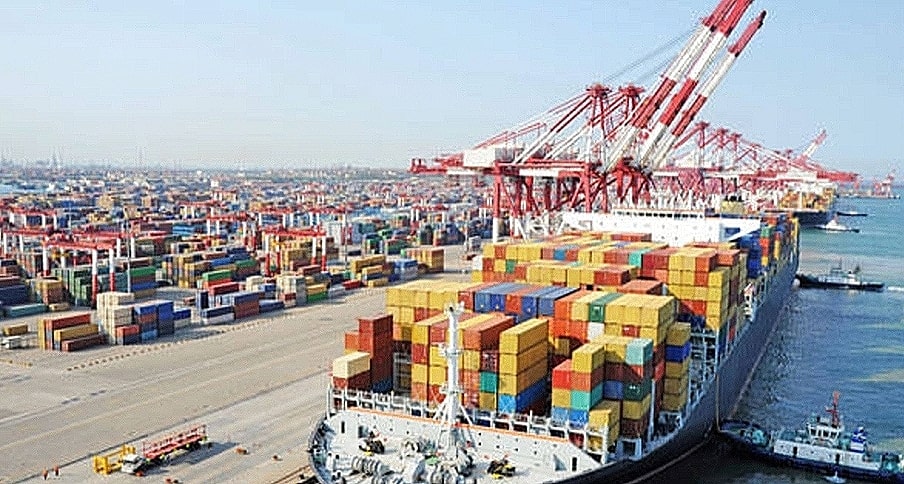Meaning of International Business
International Business is a business that takes place outside the border between two countries. It includes not only international movements of services and goods but also technology, capital, and intellectual property such as trademarks, patents, copyrights, and technical knowledge. International Business is business that refers to those business activities that are carried beyond the geographical boundaries of a country. It comes in three types,
- Import Trade: Purchasing goods and services from other countries.
- Export Trade: Salling goods and services to foreign countries.
- Entrepot Trade: Importing goods and services for re-exporting to other countries.
Reason for International Business
1. Specialization
Many countries specialize them self in producing goods and services related to this they have advantages like favorable climatic circumstances and education. This makes or generates a business between different countries for the purchase and sale of specialized products.
2. Uneven Distribution of Natural Resources
All countries are not able to produce goods at a low cost because of the unequal distribution of natural resources. It directly or indirectly makes an impact on their productivity levels. Due to this reason with less quantity of a natural resource purchase the resource from other countries. They sometimes purchase the actual product itself from countries with plenty of these.
3. Cost Advantages
The production cost depends according to socioeconomic, political, and geographical situations in different countries. There are countries that are in a better position to manufacture certain products at a lower cost than compared to others. Companies participating in international trade purchase products that are lower or cheaper in cost in other countries. They also sell things that they can supply at a lower cost.
4. Availability of Productivity Factors
The great production variables, such as capital, raw materials, and labor that are required to produce and distribute multiple services are found in different quantities in different countries. These results increase in buying and selling of productivity factors in the countries.
Scope of International Business
1. Imports and Exports of Services
Imports and exports of services are also known as invisible commerce. This service involves intangible goods that cannot be touched, seen, or felt. Services like transportation, banking, tourism, travel, warehousing, and communication are imported and exported.
2. Imports and Exports of Merchandise
Merchandise is been refers to as physical products that can be seen and felt. Importing and exporting merchandise means the exchange of tangible goods from and to different countries all around the world. It is also known as trade in goods as it eliminates buying and selling of services.
3. Foreign Investment
Foreign Investment means investing money into a foreign country in exchange for a profit. There are two types of foreign investment. One Direct Investment and another Portfolio Investment.
- Direct Investment: This investment takes place when a firm invests directly in the machinery and plant in another country in order to produce and market goods and services in that country.
- Portfolio Investment: This investment is a foreign investment where a company buys shares of another company in a different country. They earn income through dividends or interest.
4. Licensing and Franchising
Licensing is a contractual agreement between two companies. They allow access to its patents, trademarks, copyrights, and technologies to other foreign companies in exchange for royalties. While franchising is also similar to licensing, it provides services rather than access to patents.
Benefits of International Business
1. Growth Possibilities and Job Opportunities
Growth Possibilities are increased as countries can enhance their manufacturing capacity to supply goods or products to other countries through external trade. If in case external trade holds, production will rise, and it will increase the GDP level of the country. This will result in economic growth. If there is more production then the demand for labor or workers also will increase. Thus international business also creates job opportunities.
2. More Efficient Resource Utilization
It demands producing what your country can produce more efficiently. Then trading the excess production with other countries to purchase what they can produce more efficiently. With this method, countries can make better use of their resources.
3. Foreign Exchange
It helps a country in earning foreign exchange, which may be then utilized to buy technology, capital goods, or other products from foreign countries.
4. Improved Standard of Living
International business allows individuals to consume or take advantage of goods and services from other countries. Using or consumption of different goods and services improves the standard of living of the people.
5. Profit Opportunities
International business is more profitable as compared to local business. When domestic prices are lower the related businesses can make more money by selling their products in other countries. As a result, international business can help to earn more.













